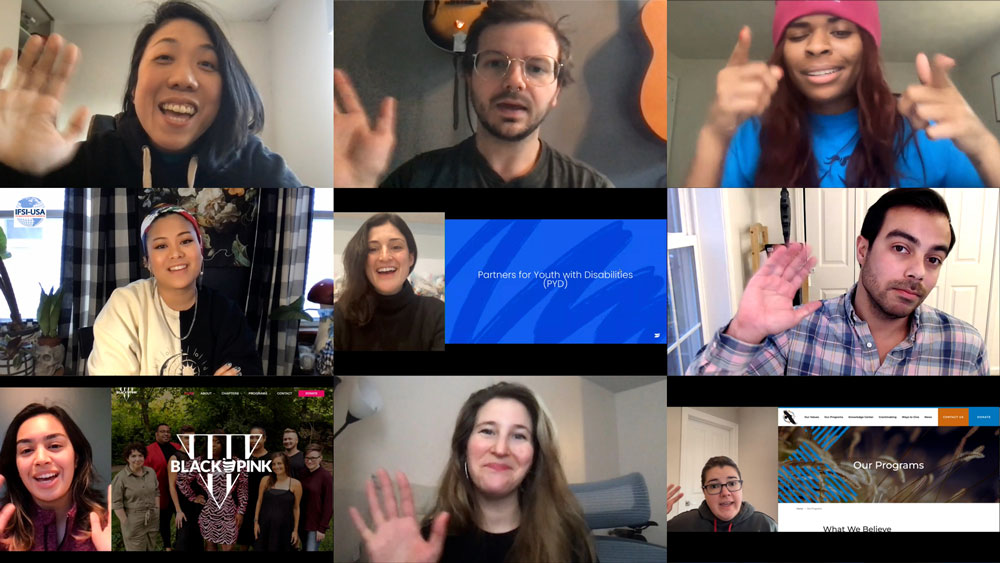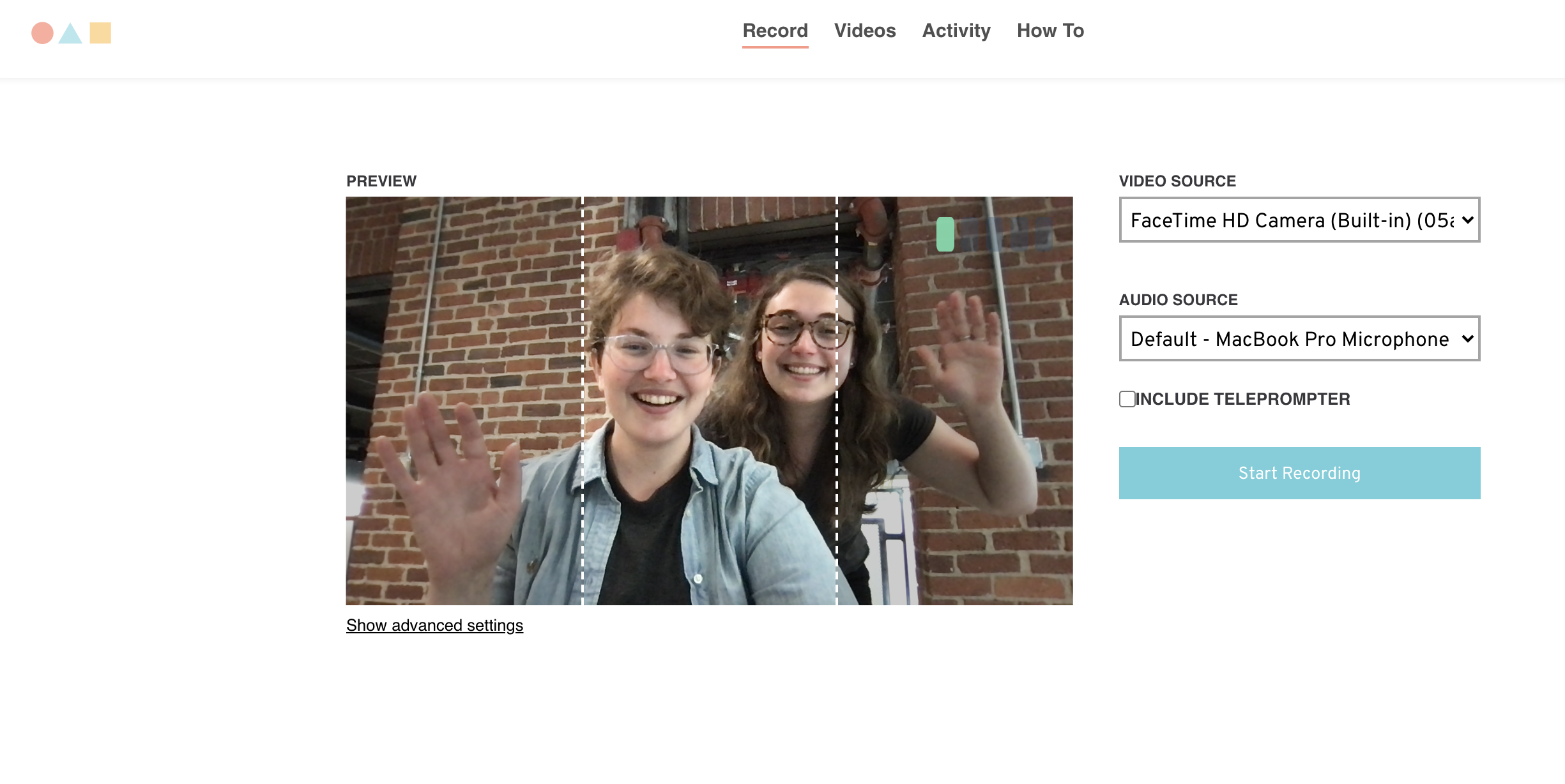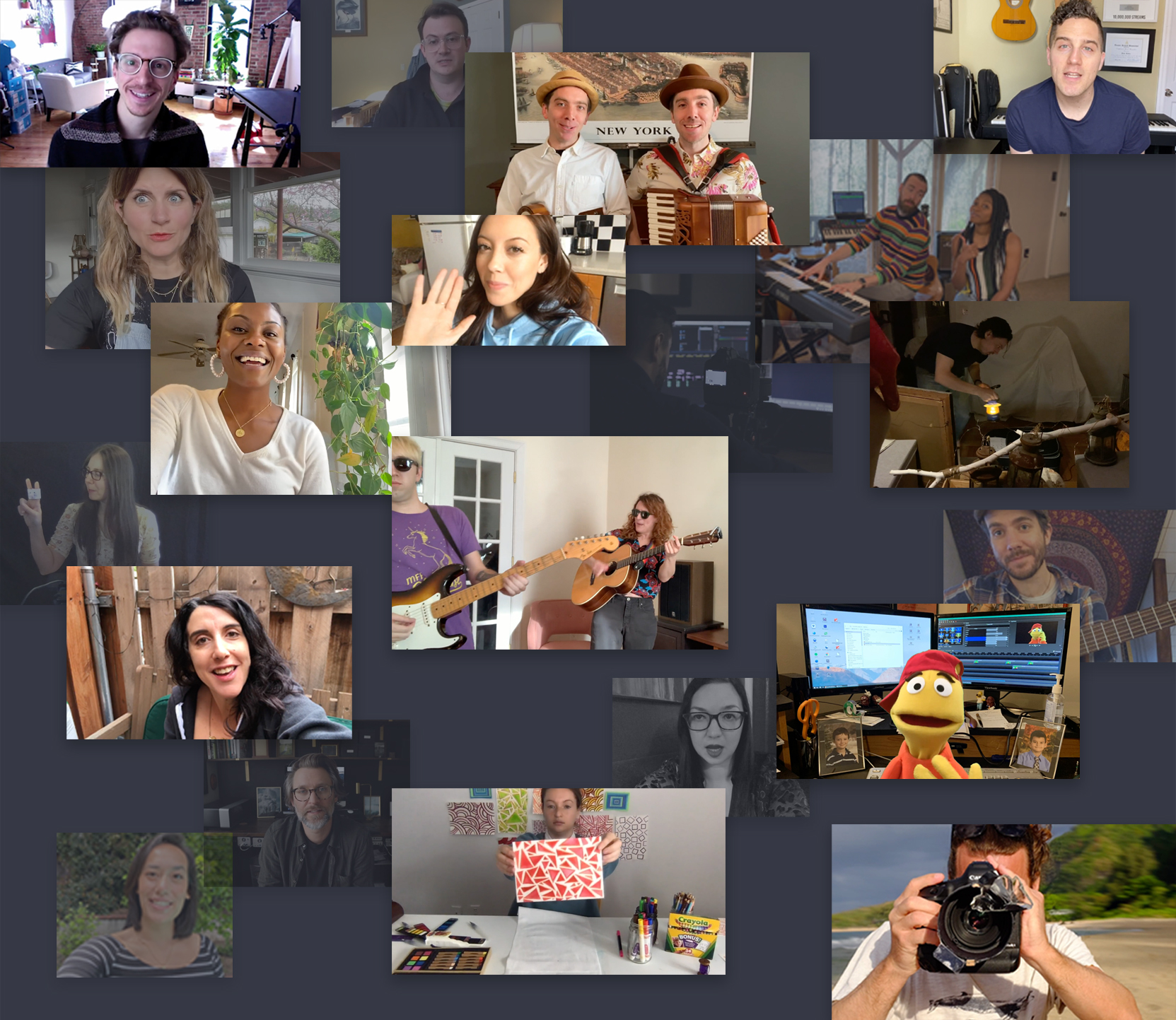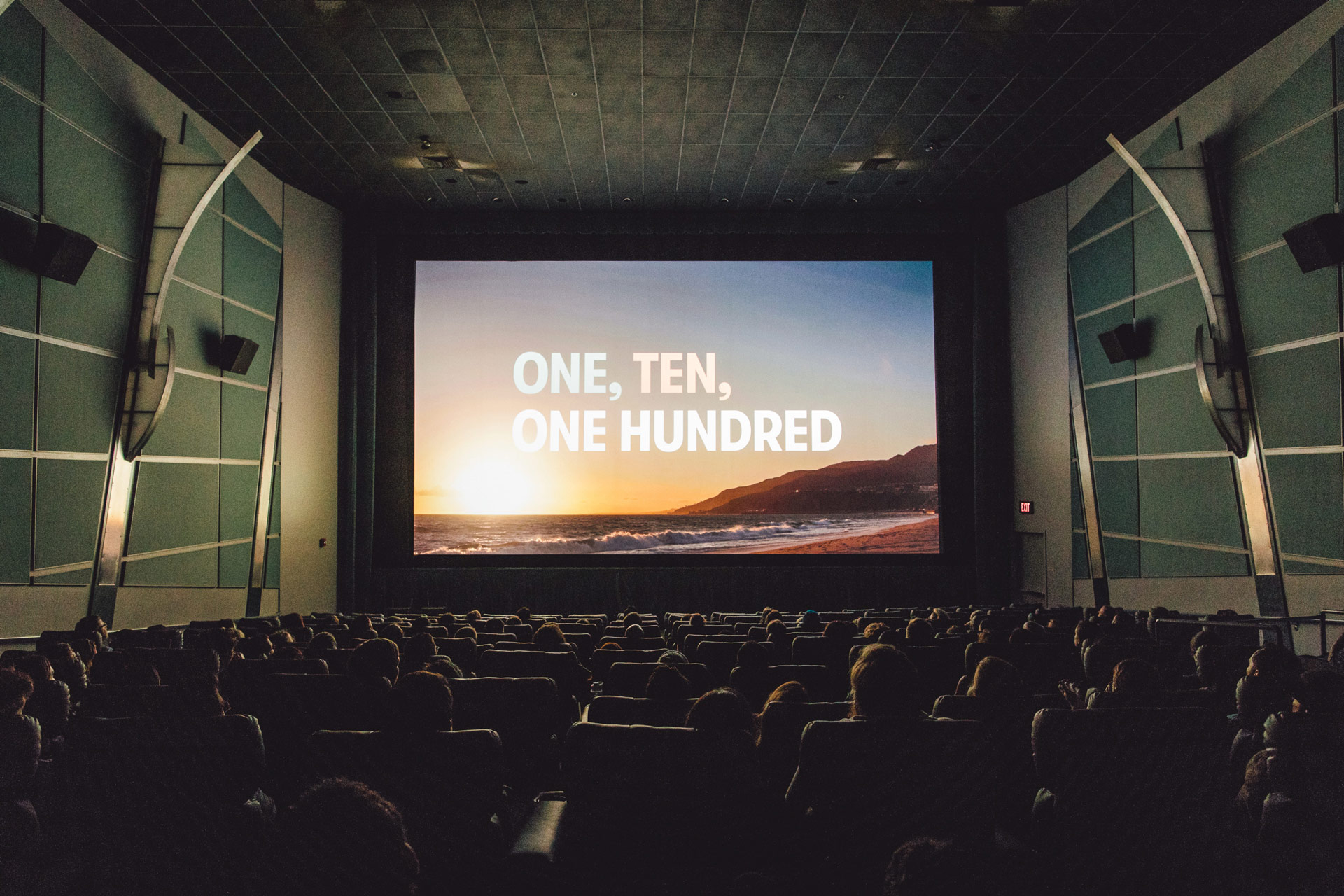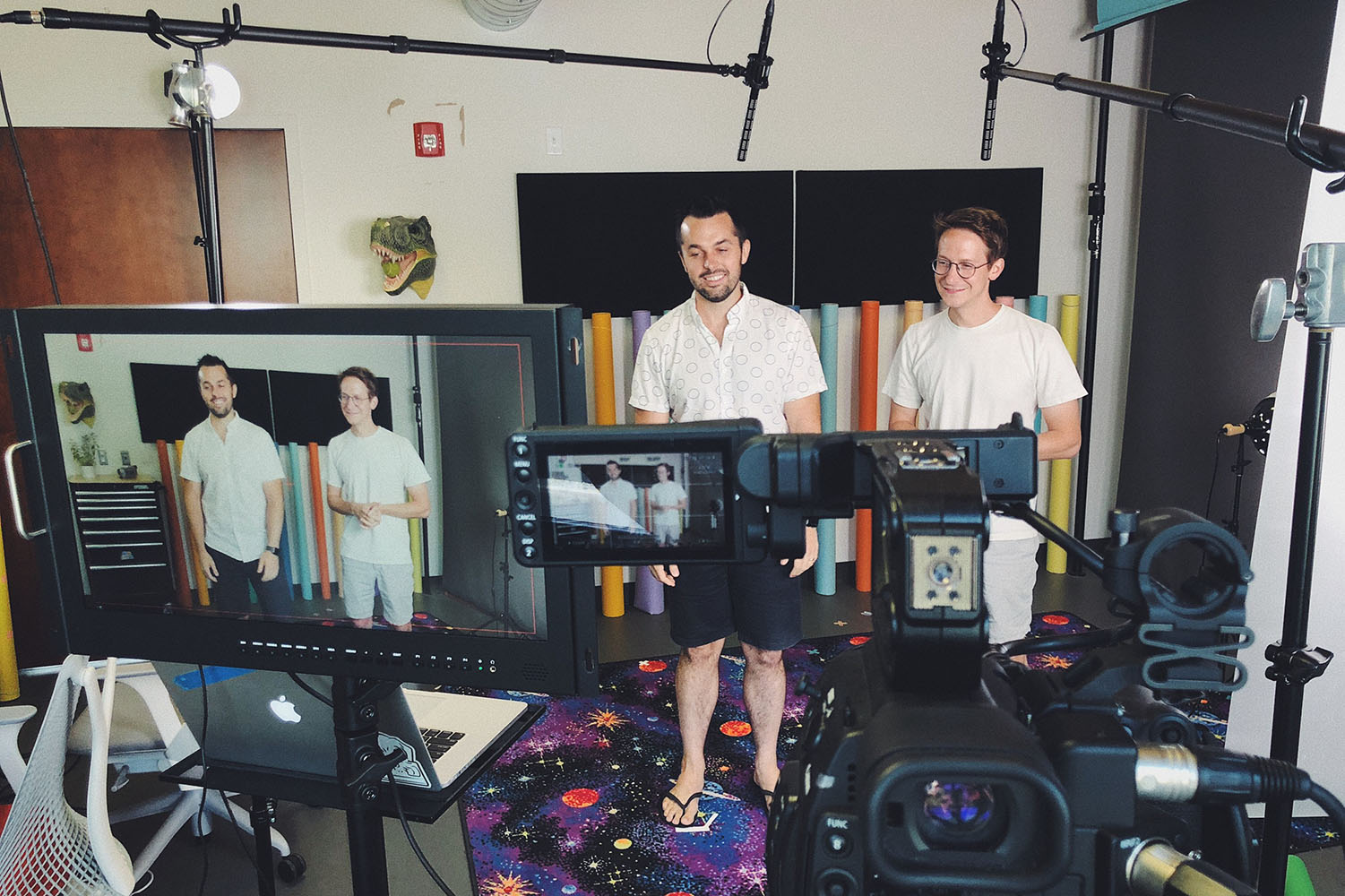Posts in the Wistia Culture category, page 1
Wistia Culture (posts 1–24)
Learn all about the ideas and adventures that make us who we are.
- Creating Wistia's Code of Conduct
Here's what we learned about creating a code of conduct from the experts and resources that helped us along the ...
- Wistia Gives Back: Charitable Giving That Grows as We Do
Learn about Wistia Gives Back, our inclusive, scalable, and proactive approach to charitable giving.
- 5 Ways We Use Video for Internal Communications at Wistia
Get inspired to start using video for internal communications at your own company!
- Paving the Path to Inclusivity: How We Changed Our Hiring Processes and Pipeline
Wistia is deeply committed to diversity, equity, and inclusion—but we were falling short on the recruiting front. Learn how we've ...
- Diversity, Equity, and Inclusion at Wistia
From our hiring processes and how we collaborate to how we build our product, we’re committed to approaching everything we ...
- Introducing the Wistia Creative Alliance—A Collaboration in Support of Creativity
We've partnered with over 30 freelance creatives in an effort to bring you moments of joy during these tough times.
- Profitable Confidence: How to Build a Business for the Long-Term
Profitable confidence has a huge impact on the psychology of running a business—here's what we've learned.
- Why We’re Giving All New Parents 16 Weeks of Paid Leave
Hear from our co-founder, Brendan Schwartz, about why we're making our parental leave policy more generous and inclusive.
- Why Setting Ambitious Goals Backfires
Find out why setting modest, straightforward goals actually enables your team to do their best, most creative work.
- From Artist to Engineer (And Everything in Between)
Hear from Myraha Harmon-Arias, a software engineer at Wistia, about the path she took to become an engineer.
- How to Build a Co-Founder Partnership That Can Last (Decades)
Brendan Schwartz, CTO and co-founder of Wistia, shares the rules and principles that have helped shape his long-lasting co-founder partnership.
- Hot Dog! A Recap of the “One, Ten, One Hundred” Big Screen Event
Take a walk down the theater aisle and see what it was like to premiere our original series, One, Ten, ...
- Investing in Creativity Isn’t Just a Money Problem
Want a more creative business? This is what it’s going to take.
- How an Offer to Sell Wistia Inspired Us to Take On $17M in Debt
Most founders dream of building a product that eventually becomes a household name and sells for a billion dollars, but ...
- How We Created a Family Leave Policy That Prioritizes Our Employees
A behind-the-scenes look at how we built a family leave policy that gives our teammates the time and flexibility to ...
- Storytelling Night at Wistia: Fostering a Culture of Growth, Community, and Inclusivity
How hosting a Storytelling Night created a safe, inclusive environment for our teammates to share their stories.
- How Wistia Grows by Taking the Time to Coast
Hear from our CEO and cofounder, Chris Savage, about how Wistia grew by keeping a slow and steady pace.
- Growing from Within the Company: 5 Lessons We’ve Learned
Here are five lessons we learned while carving out what it means to grow from within at Wistia.
- Build the Company You Want to Work For
Company culture isn’t a fixed thing — it’s a constant work in progress. Here’s how we make ours great.
- What Football Taught Me About Community Building
Margot is our community manager. She’s also a huge football fan. Turns out, those two roles have a lot in ...
- Building a Business in the Shadow of a Giant
YouTube, a company that some might consider our greatest nemesis, has actually been our greatest protector and closest friend. It’s ...
- Ditching Flat: How Structure Helped Us Move Faster
Learn how we let go of our ’flat' management style in order to scale the business.
- How to Create Company Values That Mean Something
"It’s trust over shared values that makes possible the risk-taking and boundary-pushing that’s so important to creative work. "
Mailing list sign-up form
We deliver!
Sign up for email updates


